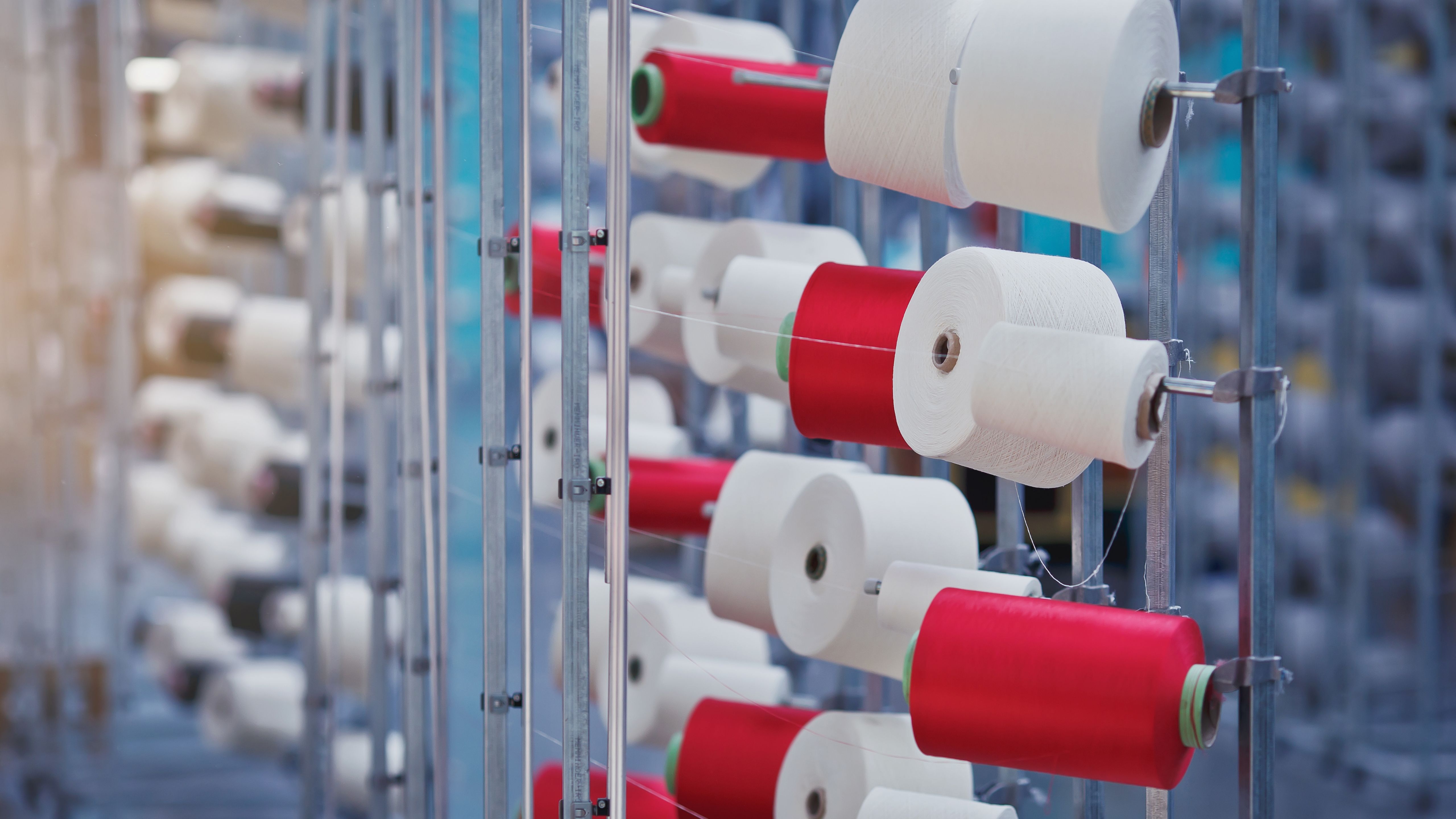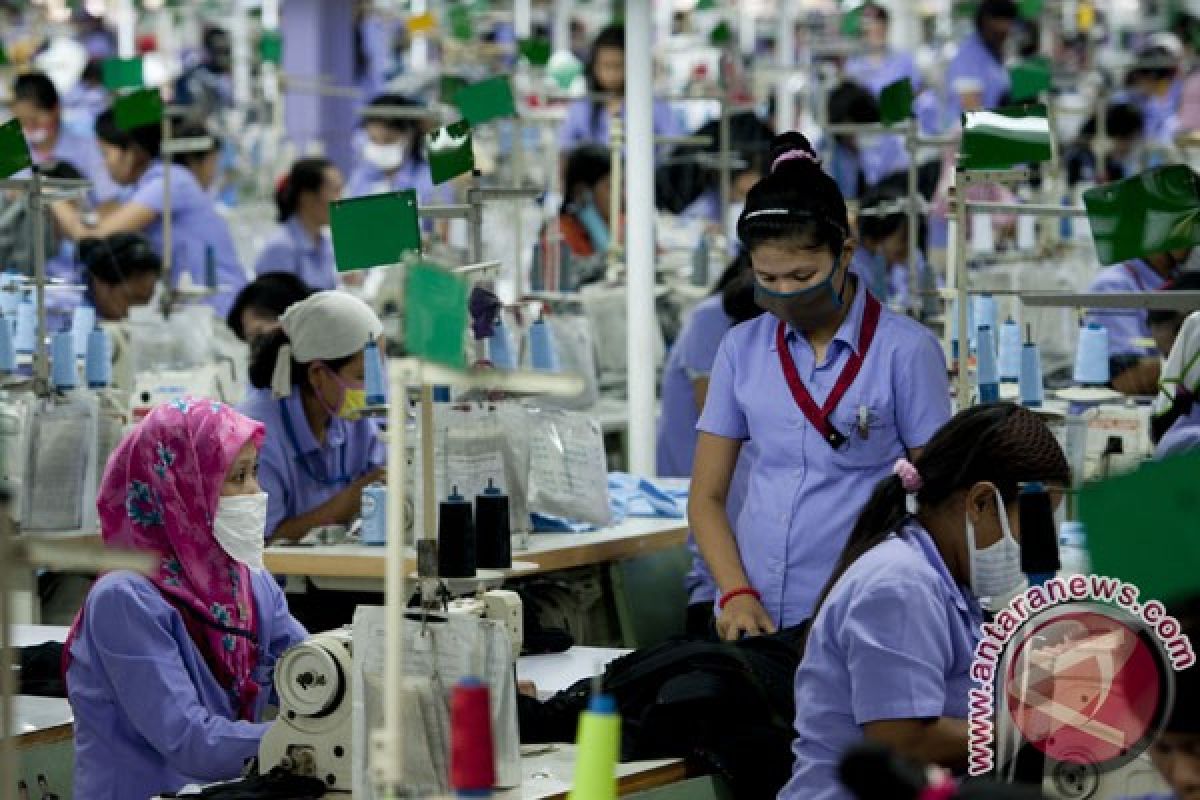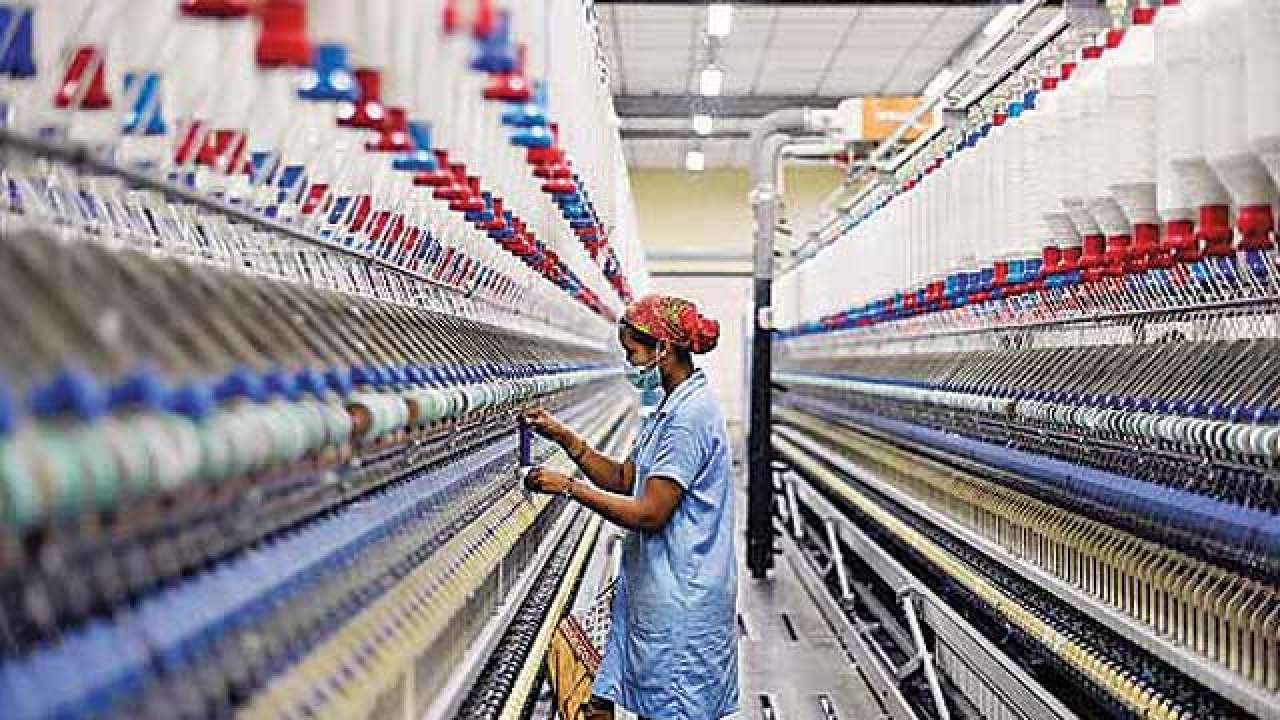India has always been a global leader in textiles. From the rich cotton heritage of the Indus Valley Civilization to being one of the largest textile exporters today, the country plays a crucial role in the global textile supply chain. Whether you’re a fashion brand, wholesaler, retailer, or interior designer, textile product purchasing in India is a strategic move that can elevate your business. But what should you really know before stepping into this dynamic market?
This blog covers everything—from the basics of textile procurement to the importance, benefits, and smart practices of sourcing textile products in India. If you’re exploring India for your textile needs, this guide is your essential first step.
What Is Textile Product Purchasing in India?
Textile product purchasing in India refers to the process of sourcing, selecting, and buying textile goods such as yarns, fabrics, blankets, comforters, garments, home furnishings, and industrial textiles from Indian manufacturers, suppliers, and exporters. This process typically involves choosing the right supplier, inspecting product quality, negotiating prices, ensuring compliance with international standards, and coordinating shipment logistics.
India is one of the largest textile producers in the world. It has a well-established supply chain that includes raw material procurement (cotton, wool, silk, jute, and synthetics), spinning, weaving, dyeing, printing, finishing, and garmenting. Indian textile exporters cater to global markets such as the Middle East, Europe, North America, and Africa.
Types of Textile Products You Can Purchase from India

The types of textile products you can purchase are described below:
Natural Fiber Products
Cotton, wool, silk, and jute-based items
Synthetic and Blended Fabrics
Polyester, acrylic, viscose, and blends
Home Furnishings
Blankets, comforters, bed linen, cushion covers
Yarns and Fibers
Cashmere yarn, acrylic fiber, wool yarn, and more
Readymade Garments
Casual wear, ethnic wear, and fashion apparel
Industrial Textiles
Used in automotive, healthcare, and construction industries
In short, the Indian textile market is versatile and serves both traditional and modern needs.
Why Is Textile Product Purchasing in India Important?
Textile product purchasing in India is more than just a business transaction—it’s a strategic decision that affects your product quality, brand reputation, and bottom line. Here’s why it’s so important:
Access to a Large, Skilled Workforce
India’s textile industry employs over 45 million people. The country has a deep pool of skilled labor, traditional artisans, and modern textile engineers. This combination allows manufacturers to produce high-quality textiles that meet international demand.
Availability of Raw Materials
India is the world’s largest producer of cotton and the second-largest producer of silk. It also produces high-quality wool, jute, and synthetic fibers. This access to raw materials ensures consistent supply and competitive prices.
Strong Manufacturing Infrastructure
From spinning mills to weaving units and dyeing houses to ready-to-wear garment factories, India has a robust infrastructure that supports large-scale production. Many suppliers have certifications such as ISO, OEKO-TEX, and GOTS to meet global quality and sustainability standards.
Strategic Export Orientation
India exports textiles to more than 100 countries. Exporters are familiar with international regulations, packaging requirements, and shipping logistics. This makes the purchasing process smooth and efficient for overseas buyers.
What Are the Benefits of Textile Product Purchasing in India?
Choosing India as your textile sourcing hub offers several benefits. Here’s why businesses across the world trust Indian manufacturers:
Cost-Effective Procurement
India’s textile products are competitively priced, thanks to low labor costs, abundant raw materials, and economies of scale. This allows buyers to maintain healthy profit margins while offering affordable products to their customers.
Quality Assurance
Indian textile manufacturers have made significant investments in modern machinery and quality control systems. As a buyer, you can expect superior quality that matches or exceeds international standards. From cashmere yarn to mink blankets, India is known for durable and luxurious products.
Wide Product Range
India offers a diverse product portfolio—from traditional handcrafted textiles like block-printed fabrics and Kashmiri woolens to industrial-grade synthetics. Whether you’re a fashion house or a home decor brand, you’ll find the right fit here.
Customization and Flexibility

Many Indian textile manufacturers offer custom solutions. Whether you want a specific color palette, fabric finish, or packaging style, suppliers are usually willing to tailor products to your requirements.
Cultural Craftsmanship
India’s rich cultural heritage adds uniqueness to its textile products. Buyers looking for handmade, artisan-driven items such as handlooms, embroidery, or wool blankets will find unmatched authenticity.
Supportive Government Policies
The Indian government promotes textile exports through schemes like RoDTEP, EPCG, and MEIS. Exporters receive various incentives, which trickle down to buyers in the form of better pricing, faster turnaround, and improved supply chain services.
Reliable Exporters and Partnerships
India is home to reputed textile manufacturers like Jindal Textile Industries Private Limited, who have been serving clients across the Middle East, Africa, and other regions with consistent quality and professional service. Collaborating with reliable partners simplifies sourcing and ensures long-term growth.
Discover the excellence of Jindaltex Textile Industries, a leading blanket manufacturer in India. Renowned for quality craftsmanship and innovative designs, Jindaltex offers a wide range of blankets that cater to both domestic and international markets.
Tips for Smooth Textile Product Purchasing in India

To maximize the benefits of textile product purchasing in India, follow these tips:
Do Thorough Supplier Research
Check for experience, certifications, client reviews, and previous export history. Visit trade directories, export promotion councils, or seek referrals.
Request Samples Before Large Orders
Always ask for product samples to verify material quality, texture, weight, and finishing. This will help avoid misunderstandings later.
Clarify Payment Terms
Negotiate clear payment terms before placing orders. Use safe methods like Letters of Credit (LCs) or trusted payment gateways when dealing internationally.
Inspect Quality Consistently
Perform quality checks at different stages—pre-production, during production, and before shipment. Some buyers hire third-party inspection agencies.
Understand Export Regulations
Familiarize yourself with Indian export policies and your own country’s import regulations. Work with suppliers who are export-ready and compliant.
Choose the Right Logistics Partner
Select experienced logistics companies who handle customs clearance, insurance, and documentation with ease.
Conclusion
Textile product purchasing in India offers unmatched value in terms of quality, variety, and affordability. With a rich textile legacy, advanced infrastructure, and a wide supplier base, India stands out as a top destination for textile sourcing. Whether you’re sourcing yarns, fabrics, blankets, or garments, a well-planned purchasing strategy in India can empower your brand to succeed in competitive global markets.
So, if you’re looking for reliable textile products at competitive prices, India should be at the top of your list. Start exploring this vibrant textile powerhouse today!





